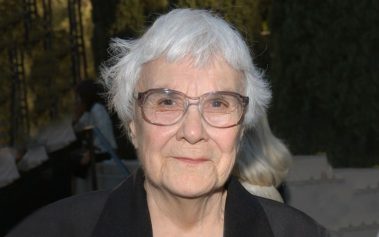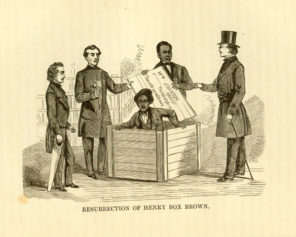“Uncle Tom’s Cabin,” opening this weekend at Plays and Players Theater in Rittenhouse Square, Philadelphia, will be performed with black actors in the white roles, and white actors in the black roles.
One scene of a slave owner transporting newly purchased African-Americans in the hull of a ship has a large black man tossing bread crusts at a group of whites chained to the floor.
“Thank you, Massah,” they grovel. Above them, in the seating area for ticketed passengers, black actors portraying wealthy white abolitionists tut-tut the tragedy of slavery while sipping tea. “What a shame to our country!”
What could have been a revenge-fantasy play, a la Quentin Tarantino, instead is meant to be a sensitive exploration of American race relations, shaking off the story’s negative connotations that have been accumulating for 50 years.
“Now, in practicality, it’s almost a banned book,” said Lane Savadove, founder of EgoPo Classical Theater and the director of this production of “Uncle Tom’s Cabin.”
“You would never see it on a school reading list anymore.”
Harriet Beecher Stowe’s “Uncle Tom’s Cabin” was published in 1852 and became the most popular book of the 19th century, second only to the Bible. Its popularity made it a natural for the stage during the vaudeville era, when Americans of all strata were hungry for theater and anything was game, copyright-wise. It was constantly in production, somewhere in America, for more than a century.
Savadove says the stock characters who gave the story a racist pall were created in those stage productions, too numerous to count, which pulled and manipulated Stowe’s African-American characters into figures of passive complacency, ignorance and laziness. Stowe created moral nuance on the page, but when translated to the boards, the very name of her titular character became a shameful slight.
“She looks to change American culture and politics through empathy, as opposed to through ridicule or critique,” Savadove said. “It’s a very deep, very profoundly American way of examining something, but in a way that we’ve lost.”

